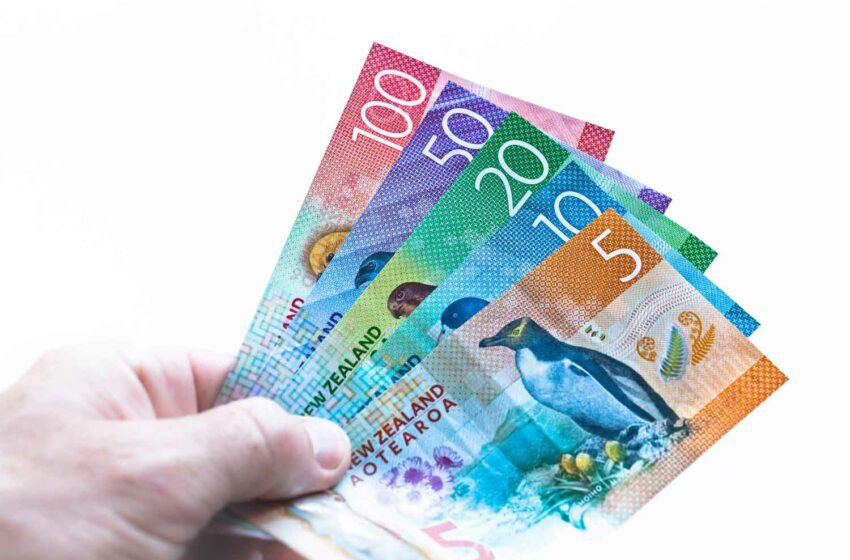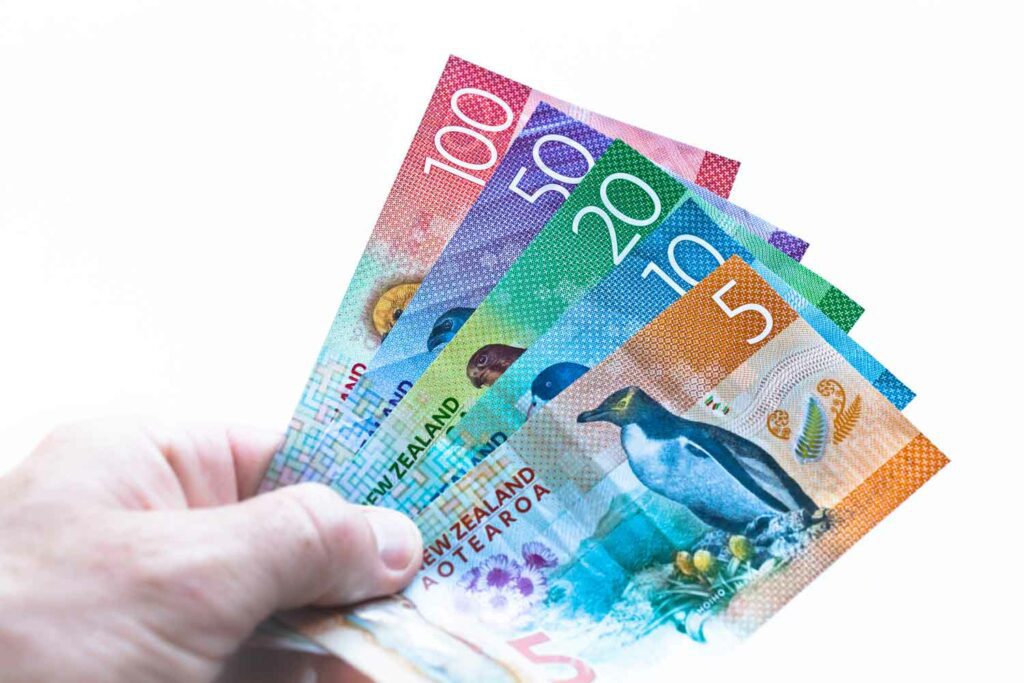New Zealand Halves HTP Taxes
- Featured News This Week Taxation
- July 18, 2024
- 0
- 3 minutes read


New Zealand has halved taxes on heated-tobacco products (HTPs) to make the products more attractive as cigarette alternatives, reports RNZ.
A spokesman said Customs Minister Casey Costello, who ordered the tax cut, hopes the move will encourage smokers to switch to less risky nicotine products.
In a statement to RNZ, Costello said that vaping had been a successful quit-smoking tool and she wanted to see whether HTPs would also be a useful cessation device.
“Vaping does not work for everyone, and some attempting to quit have tried several times. HTPs have a similar risk profile to vapes, and they are currently legally available, so we are testing what impact halving excise on those products makes.”
Critics said the government had caved to tobacco lobbying.
In 2018, Philip Morris International, which sells the market-leading IQOS HTP brand, told the Tax Working Group that the government should “establish a tax rate for heated-tobacco products significantly below the tax rate” for tobacco.
Earlier this year, New Zealand’s government scrapped the previous administration’s generational tobacco ban, which would have banned sales of tobacco products to anyone born after Jan. 1, 2009, required tobacco companies to lower the nicotine content of their products and reduced the number of tobacco retailers by 90 percent, among other measures.
The current government appears to be more receptive to tobacco harm reduction measures advocated by the industry and others.
Costello is reportedly also considering whether allowing the sale of oral nicotine products, such as snus and nicotine pouches, would help New Zealand achieve is smoking reduction objectives.
Her colleagues at the Ministry of Health have expressed reservations, however, saying there was “weak evidence” that snus helped people quit smoking. “The risk of feeling addicted may be higher for snus than for smoked tobacco. Use of snus may increase the risk of certain cancers.”
“On balance, we do not recommend extending the range of nicotine products available for sale in New Zealand,” the health ministry was quoted as saying. “Additional products will likely compound existing concerns about young peoples’ addiction to nicotine for little benefit.”
BAT, which owns the Velo and Lyft brands of nicotine pouches, has lobbied the government for the products to be legalized here.
“The government’s failure to also include smoke-free oral nicotine products in the same regulatory framework as vaping products presents a significant missed opportunity for advancing Smoke-Free 2025,” it said in a 2021 submission on the government’s smoke-free plans.
